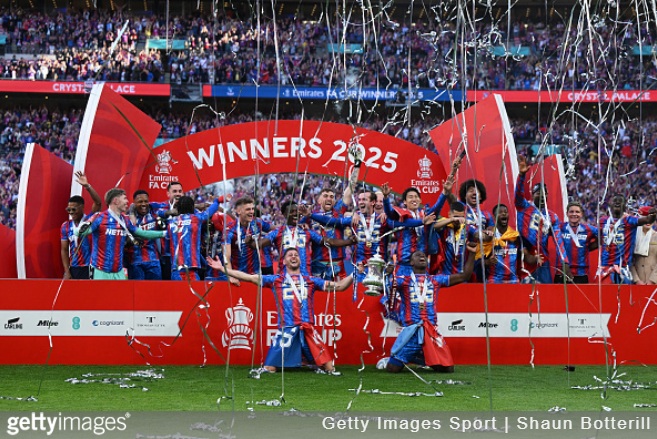The quest of Crystal Palace to reclaim a place in the Europa League has taken a surprising turn, both in legal venues and on the streets of Switzerland. John Text’s Eagle Football Holdings owns shares in both Crystal Palace and Lyon, prompting UEFA’s decision that Palace must drop to the Conference League due to ownership conflicts within the Multiclub setup.
Centrally to Palace’s dismay is the timing of events. Text had agreed to sell its stake in Palace to US billionaire Woody Johnson for £160 million, but the deal was finalized too late to comply with UEFA’s ownership deadline of March 1. Concurrently, Lyon successfully appealed a domestic relegation ruling, allowing them to re-enter European competition. Consequently, UEFA granted Lyon a position in the Europa League, despite Palace’s triumph in the FA Cup.
Palace contends that the process was flawed and inconsistently applied. A crucial aspect of their argument highlights that Nottingham Forest’s owner, Evangelos Marinakis, also oversees Olympiacos, yet did not formally withdraw from Forest until after the UEFA deadline. Nevertheless, Forest was awarded further opportunities that affected Palace’s standing in the Europa League.
In the midst of the legal dispute, a group of enthusiastic supporters known as the Holmesdale Fanatics staged a protest outside UEFA’s headquarters in Nyon, Switzerland. They carried banners denouncing UEFA as “morally bankrupt” and presented a letter to UEFA President Alexander Ceferin, characterizing the chase for a favorable ruling as driven by greed and contradictions. Although security intervened quickly, the images went viral, capturing fans’ disdain for perceived institutional unfairness.
If their appeal succeeds, it may lead to either Lyon or Nottingham Forest’s ouster from the competition. Palace asserts that their ownership reorganization should be recognized without delay, especially in light of the situations concerning Forest and Lyon. The club believes they align with the spirit—if not the strict interpretation—of UEFA’s regulations.
Ultimately, Palace’s appeal tests UEFA’s enforcement of multi-club ownership rules and raises questions about fairness, transparency, and how football governance navigates the intricate landscape of ownership. A ruling is expected on August 11, which could have implications extending beyond south London, influencing future European qualifications across the continent.
What’s clear is that Crystal Palace isn’t quietly moving forward after clinching their first major trophy. Their struggle may be administrative in nature, but it resonates as a passionate outcry against an elite football structure that often overlooks fairness and nuance. It remains uncertain how the courts will decide.
Fan Take: This news is crucial for soccer fans as it highlights the significant discrepancies in football governance, especially concerning ownership rules. The outcome could redefine competition fairness in European football and shape the landscape for clubs trying to navigate these complex regulations.



